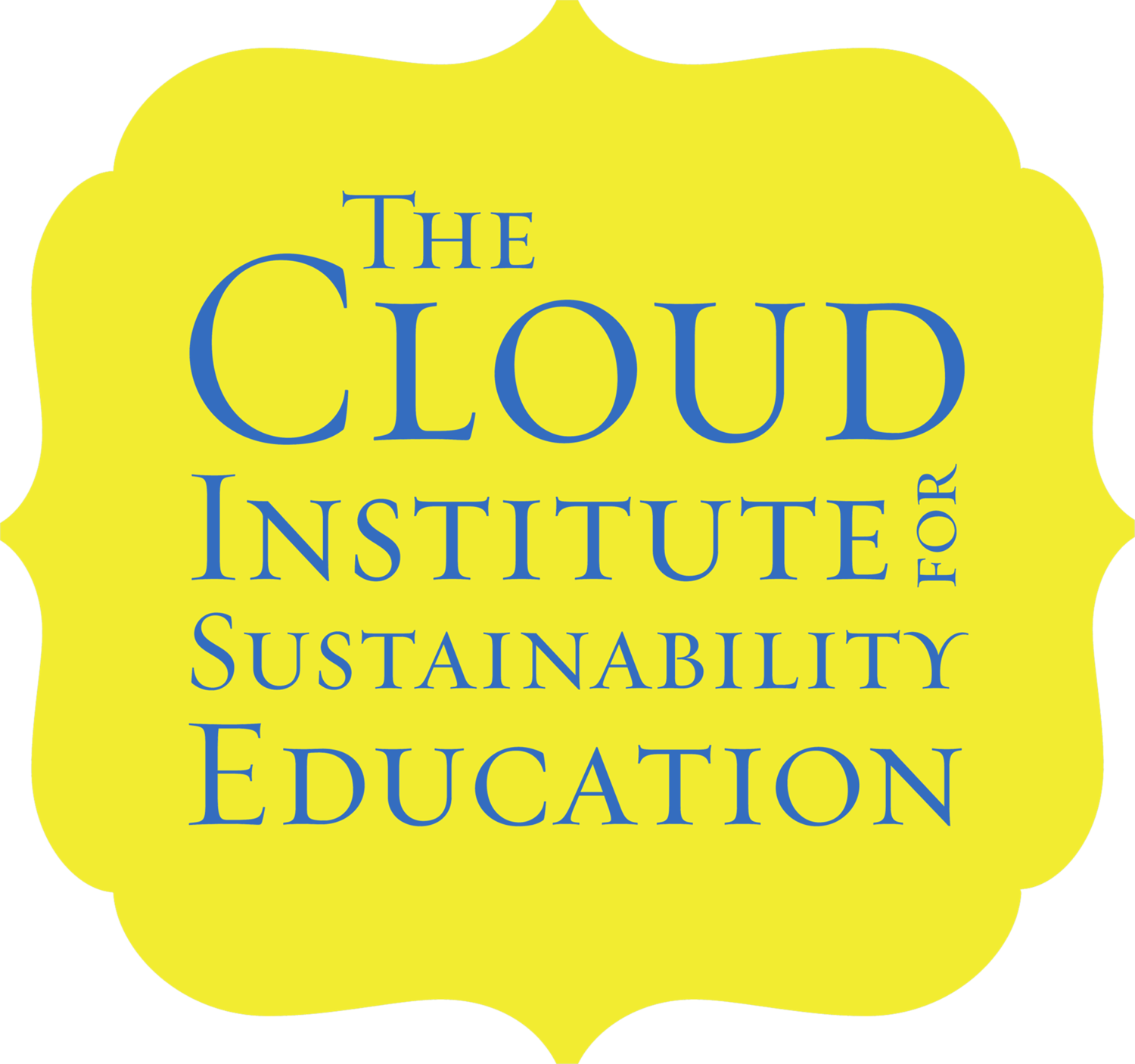Keep Calm and Lead On: Practice really does make perfect!
/We all know that person… focused, positive, kind and able to bounce forward from even the most challenging circumstances. You may think that these sought after qualities are hard wired in certain folks and out of reach for the rest of us. Well, according to the latest scientific research, we can actually “learn” these skills, much in the same way as we would master a musical instrument. The secret? Practice!
In the article, How Science Reveals that “Well-being” is a Skill, world renowned neuroscientist Richard Davidson makes the case that by practicing the skills of well-being, we can get better at them. He breaks well-being into four “constituents” or skills: resilience, outlook, attention and generosity -- each well researched and documented in the field. He claims that if strengthened, we can all promote higher levels of well-being, regardless of our personalities or circumstances. What does that have to do with contributing to a sustainable future? Everything. Well-being is what we are striving for when we say we want a sustainable future for all. Dr. Davidson’s attributes of well-being are also listed as learning outcomes of Education for Sustainability. In other words, if we develop and practice them, we are better positioned to make a contribution to a sustainable future for ourselves and future generations. So well-being is a “two-fer”-- simultaneously our preferred future AND the means to get there.
The Skills of Well-Being
Let’s dig in a little deeper into these four skills of well-being. As you read on, think about the relationships between these attributes and our sustainability. Dr. Davidson describes resilience as the ability to recover from the inevitable “bad stuff” that comes our way. “It’s not what happens to you, but how you respond to it” is not just great advice, but is actually based in science. Outlook, he says, is the ability to see the inherent goodness in others and to savor the positive experiences in our lives. Research shows those suffering with depression have disruptions in these underlying neural pathways. We’ve all had the experience of being distracted in today’s plugged in world and know know first hand how it can directly impact our lives. Studies show that almost 50% of our waking time is spent not paying attention to what we are doing, leading scientists to call a “wandering mind, an unhappy mind.” And who knew that when we practice generosity, we actually activate the well-being circuits in our brains, resulting in a win/win for us and those we are kind to!
Train Your Brain
We are constantly being shaped by the world around us, whether we are aware of it or not. Dr. Davidson encourages us to take more responsibility for the intentional shaping of our brains “in ways that would enable these four fundamental constituents of well-being to be strengthened.” He refers to the mounting research that suggests that mental training in the form of mindfulness meditation or compassion exercises, can make a difference in our brain’s ability to foster well-being. Just like running scales and arpeggios on the piano, science says that a regular meditation practice gets results.
Leading from a Place of Well-Being
Now, let’s get back to that one person in our lives who always seems to have a sense of calmness and purpose. Chances are they are a pretty good leader, too. The ability to deal with adversity, stay positive and focused and to give others the benefit of the doubt are valuable qualities for inspiring others and helping them feel more comfortable with innovation. Developing these skills intentionally can help all of us meet our potential as change agents as we educate our kids, our communities and ourselves for the future we want.
Educating for Mindfulness
While the research on adults suggests that mindfulness strengthens our skills of well-being, experts are still figuring out how to best adapt these techniques for kids. Many schools across the country have embraced programs to help students learn to be mindful of their breathing, senses, thoughts, and feelings with good results. The Cloud Institute has aligned our EfS Standards and Performance Indicators to the attributes of mindfulness and creativity for those schools that have taken on all three as strategic initiatives. Designing curriculum, assessments and activities that foster mindfulness prepares students to take their role in creating a sustainable future.
Learn more about Dr. Davidson’s approach and try out his sample exercises here. And remember… practice makes perfect!
Lori Braunstein is the Director for Change Leadership at The Cloud Institute for Sustainability Education and the founder of Sustainable Cherry Hill, a NJ based civic organization. Follow along as she writes about “change agentry”, community/school partnerships and more. You can reach her at lori@cloudinstitute.org.

